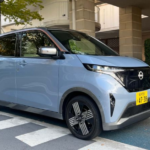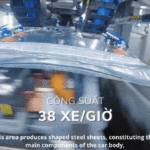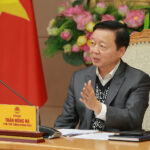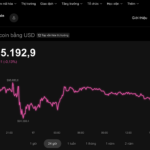
The automotive world is abuzz with the news of Honda’s potential merger with Nissan and Mitsubishi Motors to create the world’s third-largest automotive group. Just four years ago, no one would have imagined that these two longtime rivals in the Japanese automotive industry would consider such a move.
According to Nikkei, the merger is aimed at improving competitiveness against Tesla and affordable Chinese electric car manufacturers. Fortune, on the other hand, views it as a defensive move by “two weak players” against the might of Toyota.
Predictions by the International Energy Agency (IEA) suggest that by 2035, at least half of new car sales globally will be electric vehicles. The rise of Chinese electric car brands is also eroding the dominance of Japanese automakers in the Chinese and Southeast Asian markets.

It’s not just Honda and Nissan that are seeking new partnerships. In September 2024, General Motors announced its intention to explore a partnership with Hyundai Motor in the realm of electric vehicles and software. BMW, meanwhile, has revealed a partnership with Toyota Motor focusing on battery-powered cars, and the renowned electric car startup Rivian Automotive is joining forces with Volkswagen.
Unbelievable
Back in the summer of 2020, the Financial Times (FT) reported on the Japanese government’s plans to merge Honda and Nissan. However, many experts doubted the feasibility of such a merger, given the two companies’ long history of competition.
Fast forward four years, and the second and third largest Japanese automakers have been forced to reconsider their rivalry in the face of a flood of affordable, high-tech, and aesthetically pleasing Chinese electric vehicles.
According to FT, the combined sales of Honda, Nissan, and Mitsubishi would exceed 8 million vehicles, challenging Toyota’s dominance in the domestic market and enhancing their competitiveness in China and internationally.
This turn of events has left many experts stunned, considering the vastly different paths that Honda and Nissan have taken since their inception.
Nissan, founded in 1934 by Yoshisuke Aikawa, grew through a series of mergers and acquisitions, as well as an initial public offering, to become a large conglomerate before World War II. Soichiro Honda, on the other hand, founded Honda in 1948 and preferred to develop automobiles independently, shunning alliances and acquisitions, believing that they slowed down production.
To this day, Nissan continues to embrace its M&A culture to expand its empire, while Honda remains faithful to its founder’s philosophy of focusing on automobile development rather than empire-building.
However, both the M&A path of Nissan and Honda’s sole automobile focus have led to a sense of “desperation,” albeit to varying degrees, in the face of the might of affordable Chinese electric vehicles.
According to FT, both Honda and Nissan have struggled in recent years to expand their market share and maintain competitiveness in China.
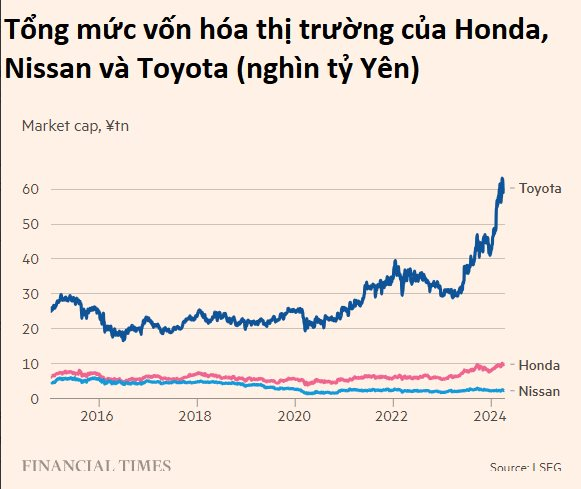
Having fallen behind in the electric vehicle race, Nissan and Honda realized that they lacked the resources and scale to maintain their global competitiveness in the face of the Chinese onslaught.
Nissan, for its part, ended its 25-year partnership with France’s Renault, acknowledging that their alliance would not be enough to weather the storm of electric vehicles and stricter emissions regulations. Nissan’s CEO, Makoto Uchida, has been vocal about the need for new partnerships, even as the company affirms that the alliance with Renault and Mitsubishi Motors will not be completely dissolved.
In November 2024, Nissan announced a 20% reduction in production capacity and a nearly 10% cut in its global workforce, amounting to 9,000 jobs.
Honda, recognizing the futility of its previous go-it-alone strategy in the face of Chinese competition, unexpectedly partnered with Sony in 2022 to produce electric vehicles. It also formed an alliance with GM in the field of battery-powered cars and autonomous driving technology.
However, this alliance had to abandon its plans to develop affordable electric vehicles in 2023 as they could not match the cost-effectiveness of Chinese brands.
The failure of the GM alliance was a significant blow to Honda’s CEO, Toshihiro Mibe, who had ambitiously declared upon taking office three years ago that the company would gradually replace gasoline-powered cars with electric vehicles by 2040.
Currently, Honda is the slowest among Japanese automakers, if not the world, to embrace electric vehicles.
Honda’s sales in China from January to November 2024 declined by 30.7% compared to the same period last year, while Nissan’s sales decreased by 10.5%.
In response to these challenges, Honda has decided to reduce its global production capacity by approximately 500,000 vehicles, or about 10%. This includes cuts in its Chinese factories, which are the company’s largest production centers.
Surprise and Helplessness
The rivalry between Nissan and Honda for the number two spot in the Japanese automotive market is nothing new. Their “bad blood” dates back to the days of their founders, who had opposing business philosophies.
However, everything changed when both giants were caught off guard by the rapid rise of Chinese electric vehicles.
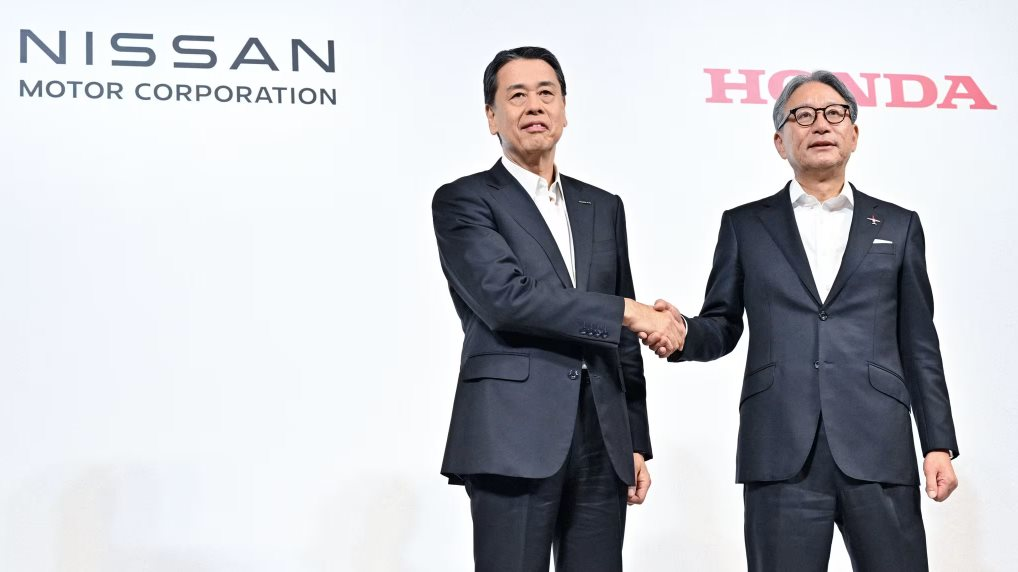
Despite each selling around 4 million cars globally per year, Nissan and Honda were taken aback by the rise of Chinese domestic electric car brands. Initially, they attributed this success to government support and subsidies, but when even Elon Musk and Tesla took notice, they realized they had missed the boat.
With new emissions standards in Europe and the US, Chinese brands like BYD suddenly emerged as serious contenders to Tesla, and major players in the supply chain, such as CATL, are also from China.
It is only now that Honda and Nissan realize they are not just losing in the Chinese market but are also lagging far behind in the global electric vehicle trend.
Desperate attempts to form alliances to develop electric vehicles have so far been unsuccessful, and if the flood of affordable, high-tech, and well-designed Chinese products invades Southeast Asian, European, and American markets as it has in China, Honda and Nissan will be powerless to stop it.
“We need to accelerate even more. I don’t know what will happen in this industry in a year,” said Nissan’s CEO Uchida, acknowledging the need to partner with their longtime rival Honda to gain the scale and cost efficiency required to compete with Chinese electric carmakers.
In reality, Nissan has been struggling since the 2018 scandal involving its chairman, Carlos Ghosn. His misguided strategies and subsequent escape from Japan after being arrested for financial misconduct tarnished the company’s reputation.
In North America, Nissan incurred a consolidated operating loss of 4.1 billion yen (approximately $27 million) in the six months up to September 2024.
This is a far cry from the 241.4 billion yen profit (over 70% of total operating profit) reported in the same period last year.
A Defensive Move Against Toyota
While Honda and Nissan feel helpless in the face of affordable Chinese electric vehicles, Fortune characterizes their potential merger as a defensive strategy against Toyota, Japan’s largest and the world’s leading automaker.
As Honda and Nissan weaken in comparison to Toyota, they are joining forces to survive. Their combined global sales for the first six months of the year are around 4 million vehicles, less than Toyota’s 5.2 million.
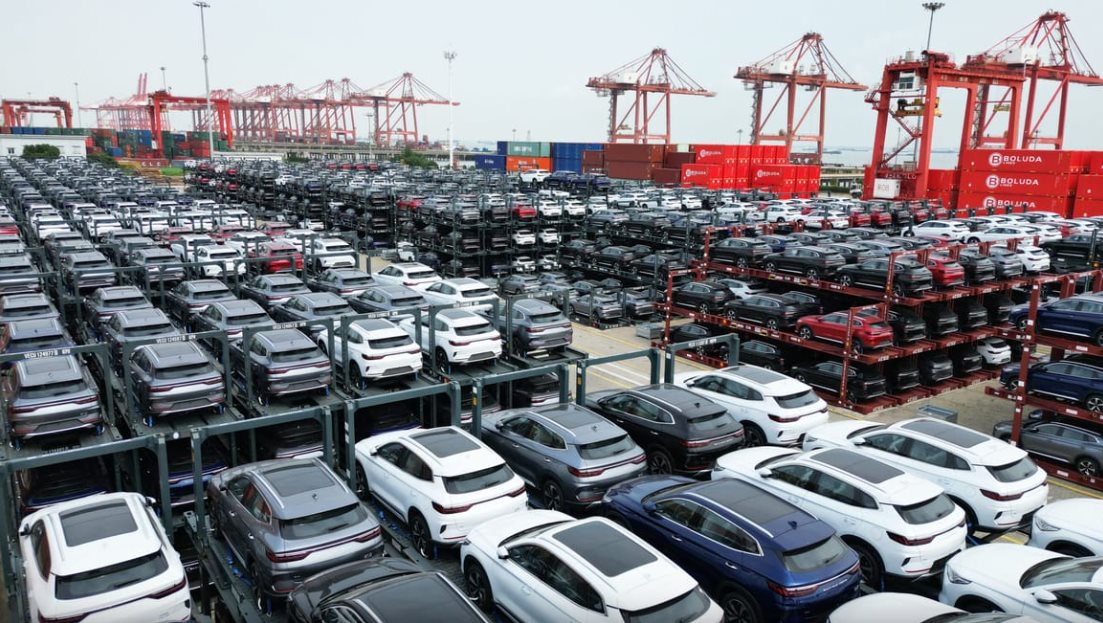
Toyota currently holds stakes in Subaru Corp, Suzuki Motor Corp, and Mazda Motor Corp, forming a powerful alliance of high-credit-rated brands.
As of December 17, 2024, Honda’s market value stood at 6.8 trillion yen (approximately $44.4 billion), significantly higher than Nissan’s 1.3 trillion yen. However, even combined, they pale in comparison to Toyota’s 42.2 trillion yen valuation.
*Sources: Fortune, FT, Nikkei*
The Master Craftsman: Unveiling the Art of Linguistic Excellence in the Digital Realm
The Ministry of Construction and Transport: A Strategic Merger, Slashing 40% of Redundancies
Following the reorganization, merger, and consolidation of the Ministry of Construction and the Ministry of Transport, the number of departments has been reduced from 42 to a more streamlined 25-27 units, reflecting a significant 35-40% decrease in the total number of departments.
“A Lean, Mean Machine”: Vice Prime Minister Ho Duc Phoc on Vietnam’s Path to Efficiency and Effectiveness
The consolidation of the Ministry of Information and Communications and the Ministry of Science and Technology is a strategic move to optimize resources and synchronize policies. This merger aims to drive the development of science, technology, innovation, and digital transformation while enhancing service quality for citizens and businesses.

